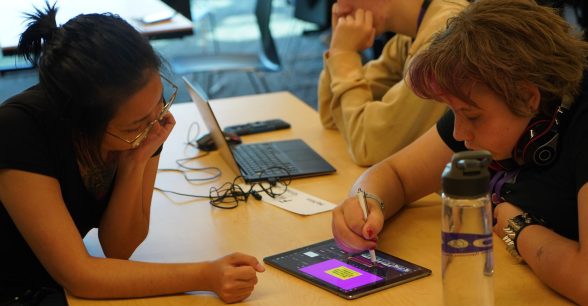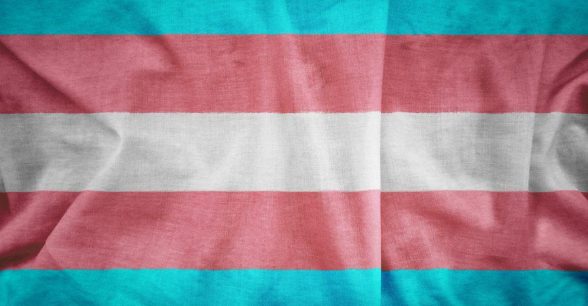#DeleteFacebook? It’s Not that Simple for Disabled People
Facebook has been in the news lately as details have come out about privacy breaches. An organization called Cambridge Analytica is accused of harvesting and using personal data from Facebook to direct political messages to specific users. Rightfully outraged by these privacy violations, many former Facebook users are deleting their accounts and a #deletefacebook campaign is growing. However, it’s not that simple for some disabled people.
My chronic illnesses keep me in bed the vast majority of the time and Facebook has been an invaluable tool to reach out and connect to people. Of course, this is what everyone uses Facebook for. However, when you are disabled in ways that make it difficult to leave your house, Facebook (and similar social media) may be one of the only ways to connect with people other than those you live with.
Social media has been scapegoated for ruining society, but I resent the idea that quitting Facebook will make everyone “happier.” Without Facebook, my isolation and depression levels would be much higher.
The physical and emotional energy that it takes to maintain and create relationships outside of Facebook is more than many disabled people can handle. Facebook gives spaces and tools to connect more easily while using less “spoons” (units of energy). Because Facebook meets nearly all of my socialization needs, deleting my account would be devastating for my mental health and wellbeing.
I decided to use Facebook to reach out to other sick and disabled friends to ask them about how they use Facebook. One disabled friend, Sarah Doherty, wrote that without Facebook she would have “no friends.” Sarah explained that “poverty has made it impossible to meet up with people in public and many community spaces are inaccessible. Because of the poor economy, job discrimination, and being gentrified out of my apartments, I have also had to move frequently and I would feel super isolated except that I stay connected to disability and queer and trans and fat and radical organizer folks and people I love every day on the internet.”
Emily Stremel, another disabled friend, told me: “Getting out to socialize can be difficult for me, so Facebook chat is the main way I interact with people. I’m hard of hearing, so the phone is not the best form of communication for me.”
Even if you are able to easily leave your house and spend time with people in person, Facebook still may be the best way to connect with others with the same or similar disabilities. When I first got sick I relied on Facebook to “meet” other people who had experienced similar medical procedures and had similar diagnoses. I was able to learn a lot about my disabilities and how to cope with the sudden change of lifestyle by reaching out to people in a way that would not be possible without Facebook. It’s not an exaggeration to say that I have seen Facebook groups literally save people’s lives. For many of the most vulnerable people who don’t already have that kind of in-person network to turn to, deleting Facebook would leave a huge void.
Another sick friend, Kristen Wood Hartwell, commented that she “wouldn’t know what she would do” without the support groups that she participates in, both for chronic conditions and for other unrelated topics. “They have provided invaluable support. (Facebook has) fostered close friendships with people in the same boat as me, through terribly hard things.”
None of this makes it okay that Facebook breached users privacy. Everyone should stay vigilant and protect their privacy to the best of their abilities, and people are free to delete any app or stop using any technology that no longer meets their needs. However, calling for a boycott of Facebook ignores the ways that technology can be uniquely important for access.
About Rooted In Rights
Rooted in Rights exists to amplify the perspectives of the disability community. Blog posts and storyteller videos that we publish and content we re-share on social media do not necessarily reflect the opinions or values of Rooted in Rights nor indicate an endorsement of a program or service by Rooted in Rights. We respect and aim to reflect the diversity of opinions and experiences of the disability community. Rooted in Rights seeks to highlight discussions, not direct them. Learn more about Rooted In Rights



